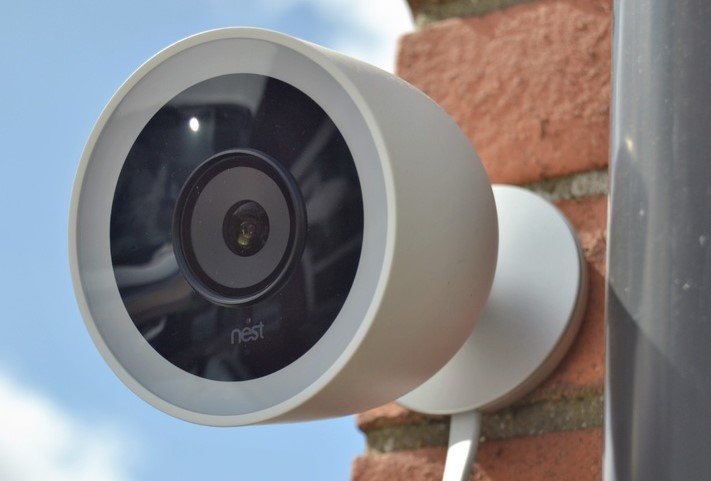
The false news sowed panic in a family of the United States east coast
An unusual incident altered the peace of a family in the United States, report network security specialists from the International Institute of Cyber Security. Laura Lyons, a housewife, was cooking when she heard a noise similar to an emergency alert, followed by a voice announcing an attack with North Korean ballistic missiles heading directly to Chicago, Ohio and Los Angeles.
“The voice warned that the U.S. would retaliate against North Korea, also mentioned that the inhabitants of the affected areas had three hours to evacuate,” said Lyons. “It sounded so real, it was very noisy and caught our attention immediately, and those were distressing moments”.
Lyons and her husband remained in their home, terrified but also confused, as nothing related to the alleged attack was mentioned on their television. Moments later, they realized that their Nest surveillance camera had been responsible for transmitting the alarming news through one of the family TVs.
After the moment of panic (the woman even called at 911), the family theorized that the incident could be the responsibility of a hacker. According to reports of network security specialists, Nest was aware of some similar incidents, but the company decided not to notify its customers. A couple of days later, a company supervisor showed up at Lyons’ house, mentioning that what happened “was probably a third-party hack,” which would have been able to access the family’s Nest camera.
Hours after the incident, Lyons shared her experience in a Facebook group, where other Nest users shared some similar incidents.
Company spokespersons claim that this is an isolated incident, adding that there is no evidence to think of a company data breach; it is worth noting that Nest is owned by Google.
“Incidents of this nature may be due to customers using passwords which were compromised in more than one online service. Measures such as the implementation of two-factor authentication (2FA) almost completely dismiss this kind of security risk”, the spokespersons of the company mentioned.
Network security specialists say this is a problem that has increased in recent times. Last December, for example, a family in Houston received a death scare when a hacker infiltrated the signal from their baby monitor and began threatening to kidnap the child. In another incident in Arizona, a hacker used a Nest camera to warn his owner that his security was flimsy, and even offered him some safety tips.
Walt Nadkarni, a cybersecurity expert at College of William & Mary, recently conducted an investigation into security flaws in this type of devices. “Our studies of the Nest platform show that it is generally safe, at least in comparison with other similar options on the market.”
Nadkarni also opined about the risks of recycle passwords: “Just one of the services we use must be compromised so hackers can access the rest of our online accounts, so the use of password managing software or multi factor authentication are highly recommended,” the expert concluded.

He is a well-known expert in mobile security and malware analysis. He studied Computer Science at NYU and started working as a cyber security analyst in 2003. He is actively working as an anti-malware expert. He also worked for security companies like Kaspersky Lab. His everyday job includes researching about new malware and cyber security incidents. Also he has deep level of knowledge in mobile security and mobile vulnerabilities.











